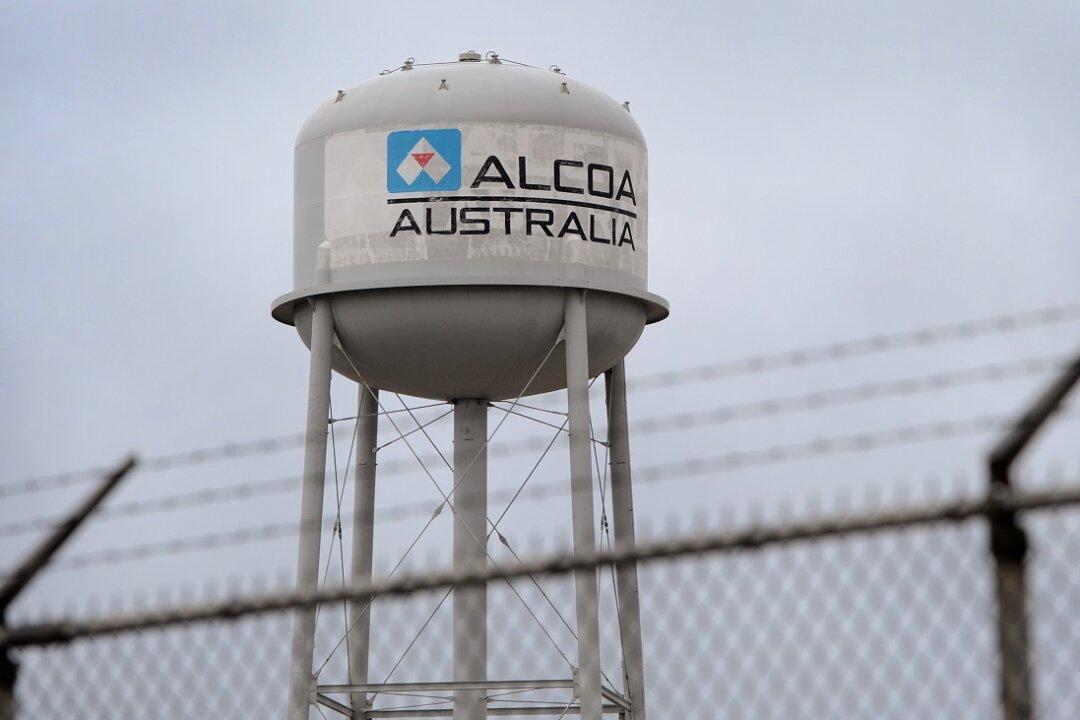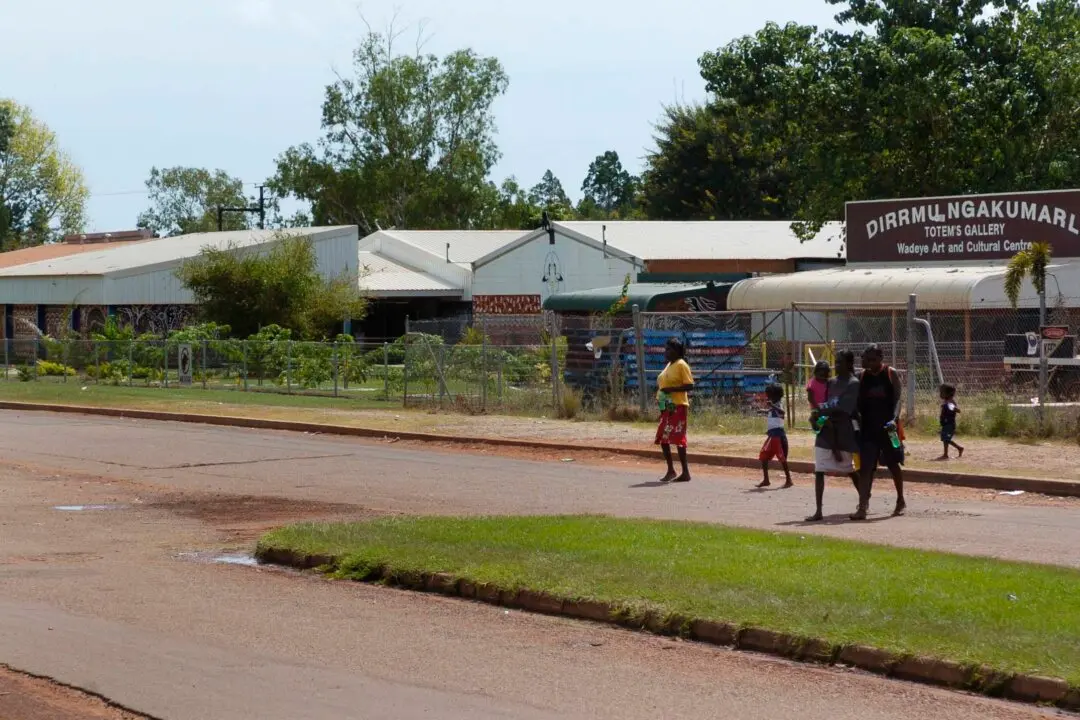A pipeline built without approval by alumina giant Alcoa is at risk of leaking toxic chemicals into a dam which supplies drinking water in Western Australia’s (WA’s) southwest.
The state’s environmental regulator has ordered Alcoa to urgently flush out the pipeline which crosses the Samson Dam, about 100km south of Perth.





